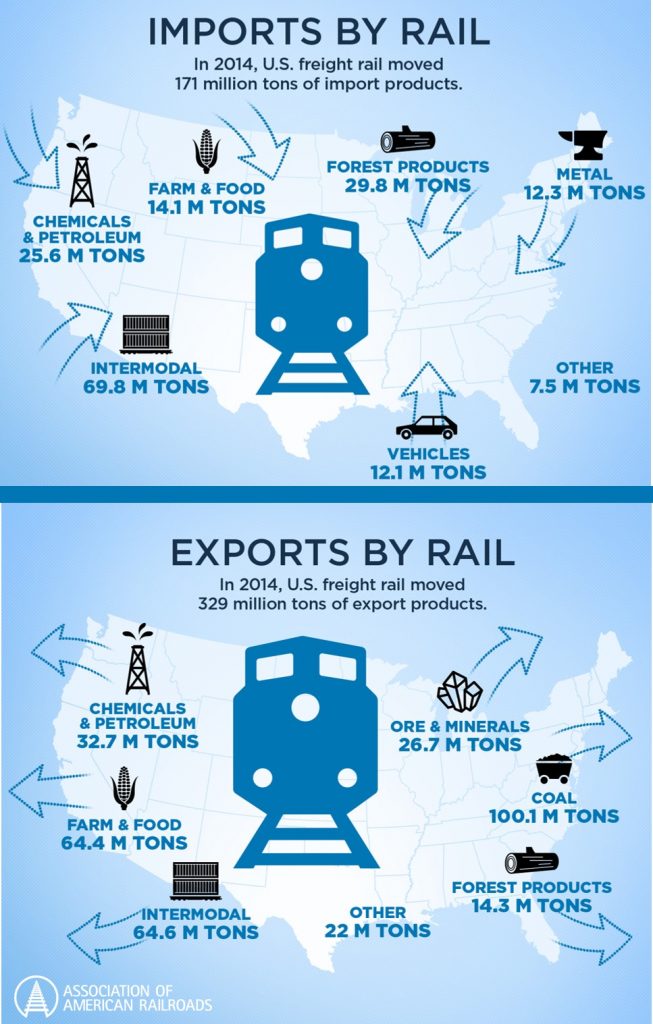 In the United States today, 41 million jobs — or more than 20 percent of all workers — depend on trade. While that is a significant percentage, one study recently found that an impressive 40 percent of Washington’s total job market is tied to international trade. For the Greater Seattle area alone, over 138,000 jobs are directly tied to exports.
In the United States today, 41 million jobs — or more than 20 percent of all workers — depend on trade. While that is a significant percentage, one study recently found that an impressive 40 percent of Washington’s total job market is tied to international trade. For the Greater Seattle area alone, over 138,000 jobs are directly tied to exports.
There is no doubt that vibrant trade is essential for a healthy Washington economy. But to increase trade levels and grow the economy, infrastructure improvements will need to be made. With it being National Infrastructure Week, now is as appropriate a time as ever to consider this critical issue.
Overseas markets beckon for American goods that would ship from Washington ports. However, insufficient trade terminals limit our ability to take advantage of this economic opportunity. In some instances, proposed facilities that would remedy this problem are bogged down by undue regulations.
Infrastructure improvements would also produce a more efficient and reliable trade economy in Washington. Private railroads that stretch across the state are responsible for moving resources and final products. Local industries rely on freight transportation to both produce goods and ship them to buyers — many of which are overseas trade allies. In fact, more than 40 percent of traffic on private freight railroads is due to trade.
Washington’s rail network, which is privately financed and stands above the pack in its high quality infrastructure, has been instrumental to trade for many decades — which inevitably means that there are areas in need of updating. Choke-points and other sources of delay have emerged with increased traffic. Infrastructure investment from rail companies will play an important role in fixing these inefficiencies and priming Washington for a highly successful trade economy.
As the Seattle Times’ recent op-ed reminds us, trade is essential for Washington and will continue to be. Smart infrastructure development is necessary to accommodate this economic lifeline and ensure future prosperity.
This piece was originally published on www.keepwashingtoncompetitive.com.


